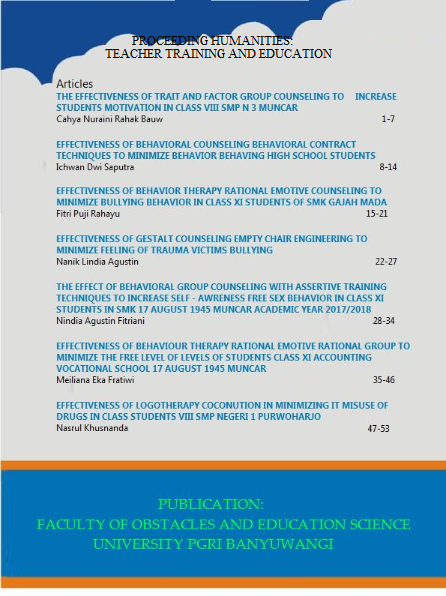Trend Subordinate Kebaya Year 1990-2022
Keywords:
Trend, kebaya, tahun 1990-anAbstract
Discussing clothing and women is like exposing a relationship rich in meaning.
Clothes exist because the body needs. The body will be meaningless without clothes attached to it. The body in this case is the female body. Underwear in this case is the clothes needed by women. Clothing and body are a unit as quoted from Wilson in Hollows (2010), " disembodied clothing is not clothing". The body needs clothing as a protective equipment from all weather while the clothes are worn by the body to communicate itself and its relationship with society. According to Eicher (2000), clothing becomes an effective communication system in representing personal and social and cultural identities, also analyzed as the largest part of the configuration of human behavior in a specific time and place so that culture and cultural diversity contribute anthropologically in analyzing the meaning of dress. What clothes we decide to wear and not wear, appropriate or not, are the result of learning from the culture we receive in the society in which we live. Discussing clothing and women is related to an identity that represents the culture of a country and nation, then the context is in an ideological discourse that is in identity politics by elevating women dressed in national attire. To quote Desmond Morris in Barnard (2009), clothing is a cultural display that communicates the cultural affiliation of the wearer. In other words, clothing can show a person's national and cultural identity.

